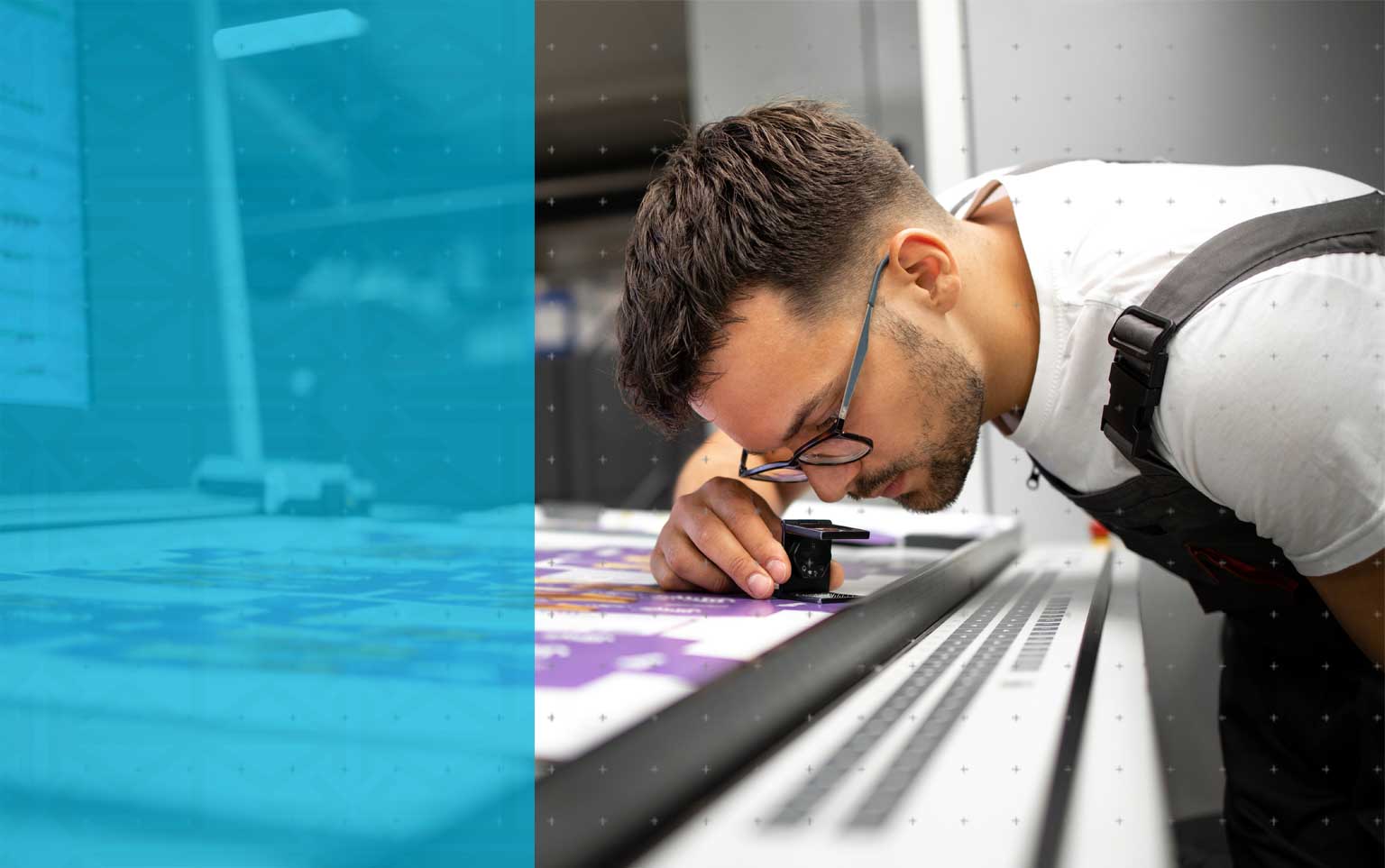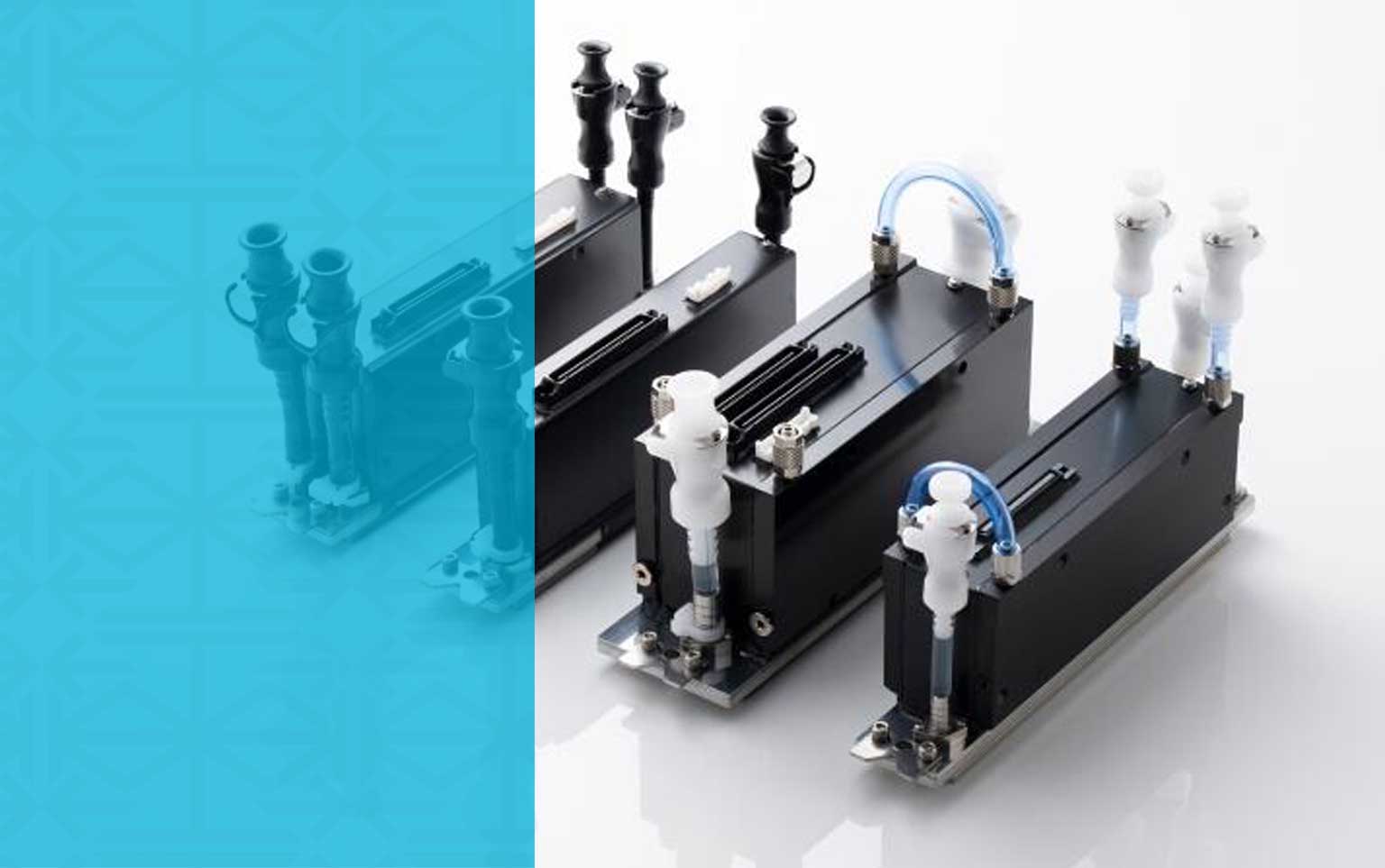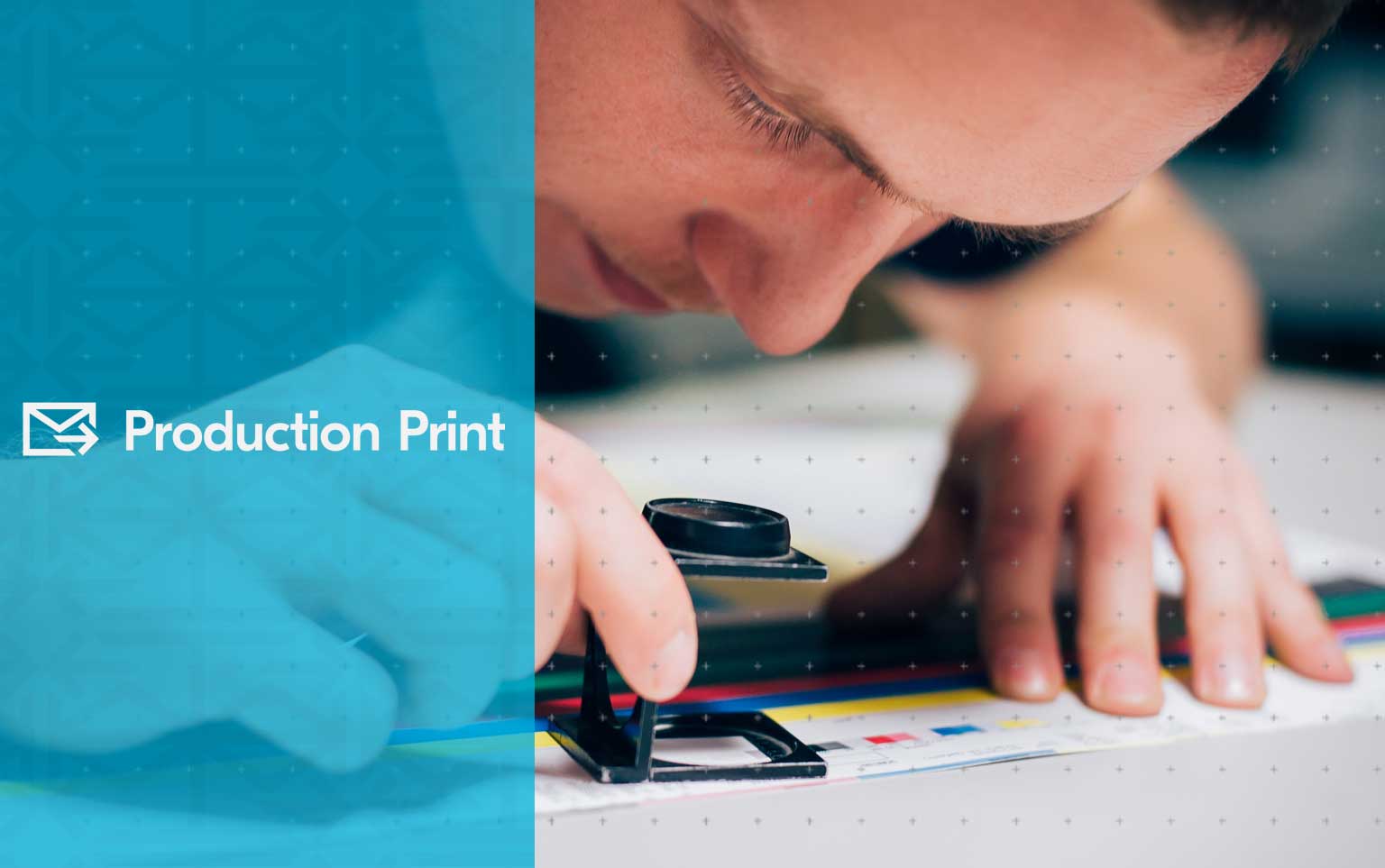Buyer consideration insights from Drupa


Product Marketing Manager – Production Print
Kyocera Document Solutions UK
From the feedback received from end-users who visited the Kyocera stand at DRUPA, there does seem to be a consensus on five key customer focused areas of interest which are explored below.
1. Digital presses – Commercial printers are looking for ways to bring the work that they currently outsource back into their business to reduce lead times, increase flexibility and ultimately, to increase profits. Digital presses are ideal for this, offering an affordable and convenient way to print short or long runs from digital based files onto a wide range of media stock with image quality akin to that of offset. No longer do offset prints need to be outsourced and then brought in-house for overprinting but rather the whole print job can be completed on site….no middleman and no cut to margins.
2. Variable data printing – There have been numerous studies carried out to determine how much a personalised message increases retention of information and ultimately increases sales over non-personalised messaging and marketing materials. Some research has indicated that an individualised message increases sales by up to 20%. Whatever the figure, nobody is disputing the fact that personalisation enhances customer engagement. A digital press allows for each and every printed output to have that personalised name and even individualised content.
Transactional mail such as bills and statements enjoy viewing levels as high as 90% according to some research(i), ideal optics for the addition of marketing messages and a perfect application for inkjet presses. No overprint is required so the previous barriers of cost are removed enabling commercial printers to easily grow their business and increase profits wit highlight colour jobs.
3. Sustainability and eco-friendly printing solutions – End users not only want to reduce their energy costs but also want a printing solution that is eco-friendly. A printing solution that supports their efforts to reach net carbon zero as a business and demonstrates their own green credentials when talking to their own customers.
4. Inkjet technology – Inkjet digital presses have come a long way over the years. Consistent Image quality, capability to print on different media both uncoated and coated and devices speeds and volumes are no longer limitations of the inkjet press. Add to this the environmental benefits of inkjet heads, ultra-low energy consumption, water based eco-friendly inks and less moving parts that optimise uptimes and maximise productivity and it’s not hard to see why commercial printers are looking to this technology.
5. Footprint – Real estate has always been an issue but today it is even more important. Users are looking to optimise the space they operate in to ensure they can have the correct number of devices to maximise productivity and profitability. The smaller the footprint of a production printer the better, allowing more devices and freeing-up space for more offline finishing options.
Innovation in the industry has pushed inkjet to new levels of speed and efficiency. As consumer trends change, companies need the ability to respond with higher volumes and faster turnaround speeds, as well as personalised content that takes advantage of all the data they collect. While average job lengths are falling, the number of jobs is on the rise, which is incompatible with the way offset presses work. Inkjet is therefore emerging as the best alternative, bringing high speed and productivity to digital printing presses, and allowing users to open up new markets and revenue streams.
Unlike toner printers and offset presses, this technology has the potential to mature and gain market share. In the past, inkjet was limited to small devices for use at home or in the office, because it was better suited to convenience than high-speed printing., and it now provides a healthy middle ground between toner and offset by combining the best of both worlds.
At Kyocera, we have plentiful experience producing inkjet printheads, and our knowledge of the industry revealed an opportunity. We decided to enter the production printing market with the TASKalfa Pro 15000c, our first high-volume inkjet device that holds no punches in terms of speed and energy efficiency. Our ultimate goal is to make production printing more sustainable, enabling companies to internalise their operations affordably.

Find out more about Kyocera’s inkjet technology heritage here.
Find out more about Kyocera’s production inkjet printers here.

i. Printweek – The advantages of transpromo marketing far outweigh the investment required
ii. BPIF | Research | Industry Research (britishprint.com)